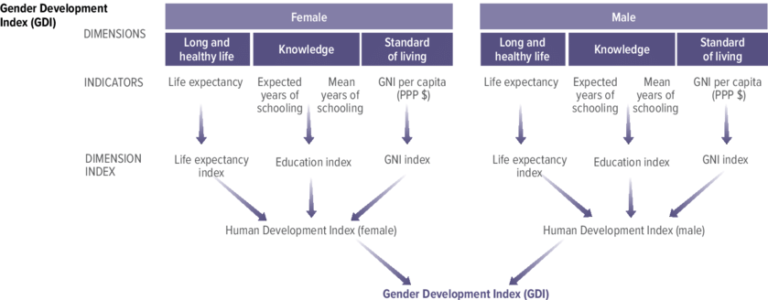Understanding the Role of a Lover for Your Wife
`In every marriage, the Role of a Lover for Your Wife goes beyond mere companionship. It involves nurturing love, respect, and understanding to ensure a fulfilling and lasting relationship. Here’s a detailed look at how to be a loving partner to your wife, strengthening your bond and enhancing your marriage.`
Being a Supportive Partner
Being a Role of a Lover for Your Wife means being there for her in good times and bad. It involves offering emotional support, listening actively, and validating her feelings. By being her pillar of strength, you create a safe space where she can be herself without fear of judgment.
Romancing Your Wife
Romance is a crucial aspect of any relationship. It’s not just about grand gestures but also about the little things that show your love and appreciation. Simple acts like leaving love notes, planning surprise dates, or cooking her favorite meal can go a long way in keeping the romance alive.
Communication and Understanding
Effective communication is key to a healthy relationship. Listen to your wife attentively, express your thoughts clearly, and resolve conflicts respectfully. Understanding her perspective and empathizing with her feelings will strengthen your connection and build trust.
Showing Affection
Physical touch and verbal affirmations are powerful ways to express your love. Whether it’s holding hands, giving hugs, or saying “I love you” sincerely, these gestures reinforce your emotional bond and make your wife feel cherished.
Respecting Her Individuality
Respecting your wife’s individuality means honoring her opinions, choices, and personal space. Encourage her ambitions, support her hobbies, and celebrate her achievements. Recognizing and valuing her as a unique individual strengthens mutual respect and fosters a deeper connection.
Sharing Responsibilities
A loving partnership involves sharing responsibilities and working as a team. Whether it’s household chores, childcare, or financial decisions, sharing the load promotes equality and eases burdens. Collaboration strengthens your bond and enhances marital harmony.
Maintaining Intimacy
Intimacy goes beyond physical closeness. It encompasses emotional intimacy, trust, and vulnerability. Make time for intimate conversations, share your dreams and fears, and nurture a deep emotional connection that transcends the physical aspect of your relationship.
Supporting Her Growth
Encourage your wife’s personal growth and development. Support her career aspirations, encourage lifelong learning, and help her pursue her passions. Being her cheerleader and advocate shows your commitment to her happiness and fulfillment.
Celebrating Milestones Together
Celebrate milestones and special occasions to create lasting memories. Whether it’s birthdays, anniversaries, or achievements, mark these moments with love and appreciation. Show your wife that you cherish the journey you’re on together.
Handling Challenges Together
Every relationship faces challenges. Be proactive in addressing issues, seek solutions collaboratively, and learn from setbacks. Facing challenges together strengthens your resilience as a couple and deepens your bond over time.
Frequently Asked Questions (FAQs)
How can I show my wife that I appreciate her?
Express appreciation through words and actions. Tell her what you admire about her and show gratitude for the things she does.
What if my wife and I have different interests?
Embrace your differences and find common ground. Respect each other’s interests and support one another’s hobbies and passions.
How do I keep romance alive in a long-term marriage?
Keep the romance alive by regularly surprising each other, going on dates, and making time for intimate moments. Communication and spontaneity are key.
How can I improve communication with my wife?
Improve communication by actively listening, being open and honest, and validating each other’s feelings. Seek to understand before seeking to be understood.
What if we’re going through a rough patch in our marriage?
Seek support from a counselor or therapist if needed. Focus on improving communication, resolving conflicts, and nurturing your emotional connection.







